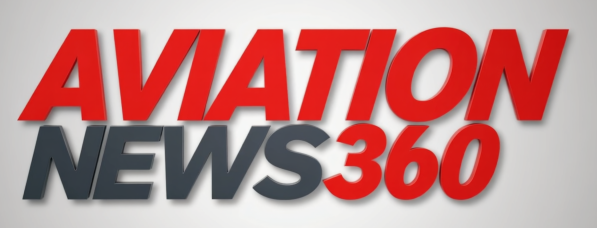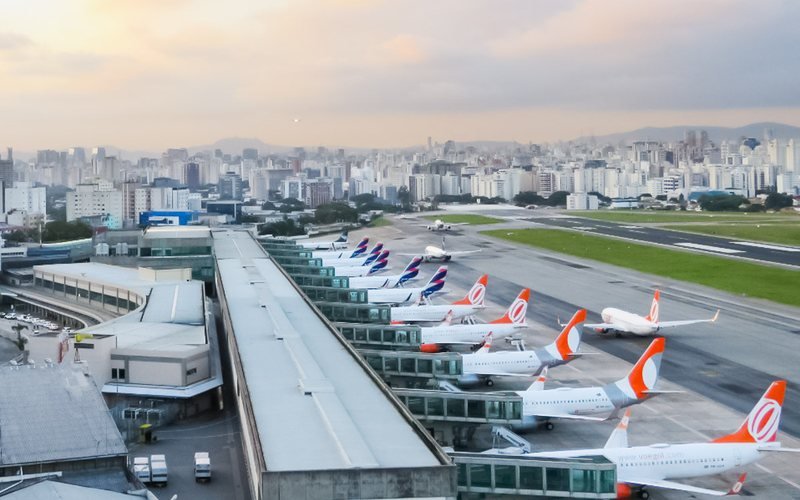[aviation news]
Iata criticizes global air transport rate proposal, warns of economic risks and defends investments in sustainable fuels
The International Air Transport Association (IATA) has expressed strong opposition to the Global Solidarity Levies Task Force (GSLTF) proposal, which aims to create a rate on air transport to finance actions aimed at climate change, pandemics and other developmental challenges in developing countries.
According to IATA, the measure presents structural failures and threatens the economic and environmental sustainability of the air sector. The entity points out that although GSLTF estimates to raise up to € 78 billion (R $ 498.4 billion) with the collection of premium passengers, the amount exceeds three times the global profit projected for aviation in 2024. The sector operates with average profit margin of only 3.4%, half the global average of other economic segments.
Financial and climatic challenges
IATA points out that airlines are committed to the zero -carbon net emission target by 2050, an effort that should require investments of about US $ 4.7 trillion between 2024 and 2050. Overwhelming the sector with new rates could compromise investment capacity in sustainable solutions, such as sustainable aviation fuels (SAF), more efficient operations and reduction technologies of reduction of emissions.
“The air sector is an economic catalyst, not a money -making machine. Imposing taxes three times larger than the annual profit of the sector without evaluating the side effects is irresponsible,” said Willie Walsh, IATA’s director general.
Proposal threatens Corsia
Another critical point is the risk of weakening the carbon offsetting and reduction Scheme for International Aviation (Corsia), a globally agreed mechanism to manage international aviation emissions. The creation of a parallel rate, as proposed by GSLTF, could fragment global climate policy, generating inefficiencies and overlapping efforts.
The IATA also warns of the absence of an assessment of the economic impact of the rate for travelers and the economies of the countries that would receive the funds. According to the entity, burdening premium passengers would affect routes dynamics and global connectivity, impairing remote communities and economic sectors dependent on air transport.
Research reveals rejection of air travel taxation
A global research conducted by Savanta in 15 countries, at the request of Iata, revealed ample public skepticism in relation to air travel taxation:
- 73% of respondents consider environmental taxes a misleading practice on the part of governments.
- 79% say there are already excessive flight taxes.
- 78% believe that taxation is not the proper way to make aviation more sustainable.
Only 9%support taxes as a form of carbon compensation, while solutions such as SAF (25%) and investments in emission reduction technologies (23%) appear as preferences.
“The last thing the industry needs is a $ 90 billion blow. Support should be focused on SAF investments that will allow aviation to connect people and business to global opportunities in a sustainable way,” Walsh concluded.
!function(f,b,e,v,n,t,s)
{if(f.fbq)return;n=f.fbq=function(){n.callMethod?
n.callMethod.apply(n,arguments):n.queue.push(arguments)};
if(!f._fbq)f._fbq=n;n.push=n;n.loaded=!0;n.version=’2.0′;
n.queue=[];t=b.createElement(e);t.async=!0;
t.src=v;s=b.getElementsByTagName(e)[0];
s.parentNode.insertBefore(t,s)}(window,document,’script’,
‘
fbq(‘init’, ‘1626712270970227’);
fbq(‘track’, ‘PageView’);
Share this content:

